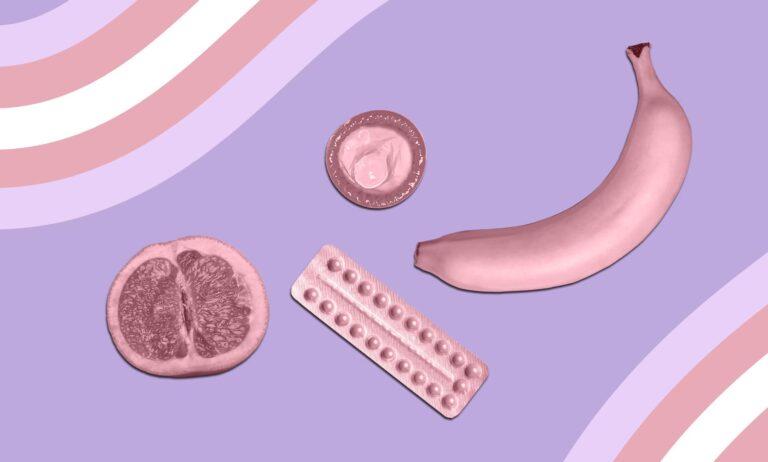Cases of syphilis were at their highest level in 75 years in England last year while gonorrhoea cases reached a record high, figures show.
The UK Health Security Agency is urging people to use condoms, calling them “the best line of defence”, and advises people to go for a test if they have recently had unprotected sex.
The number of syphilis cases soared to almost 8,700 in 2022, the highest since 1948, while gonorrhoea diagnoses rose by 50% in just 12 months to 82,592 – the most since records began in 1918, according to the UKHSA figures.
In both 2020 and 2021 there was a drop in the number of sexually transmitted infections (STIs) being diagnosed as lockdown meant fewer opportunities for sexual contact as well as a drop in sexual health screenings.
In 2022 the number of sexual health screenings recovered to 2019 levels, but the figures show some STIs have now exceeded pre-pandemic levels, with gonorrhoea diagnoses up 16% compared with 2019 and syphilis diagnoses up 8%.
The stark comparisons with historical figures for syphilis and gonorrhoea do not take into account the great strides in testing made during the latter half of the 20th century. The development of nucleic acid testing in the 90s meant accurate, low-cost tests became routinein the UK and are likely to have contributed to a sharp rise in gonorrhoea diagnoses in England after 2010.
Diagnosis rates of the most common STIs are highest among young people, with positive tests among 15- to 24-year-olds increasing by 29% compared with 2021. This is mainly due to the near doubling of cases of gonorrhoea, but levels are still 20% below the number of diagnoses recorded in 2019.
Overall rates of STI diagnoses have risen among all the age groups from 2021, but remain below pre-pandemic levels.
Dr Hamish Mohammed from the UKHSA said: “STIs aren’t just an inconvenience – they can have a major impact on your health and that of any sexual partners.
“Condoms are the best defence, but if you didn’t use one the last time you had sex with a new or casual partner, get tested to detect any potential infections early and prevent passing them on to others. Testing is important because you may not have any symptoms of an STI.”
This content was originally published here.




















